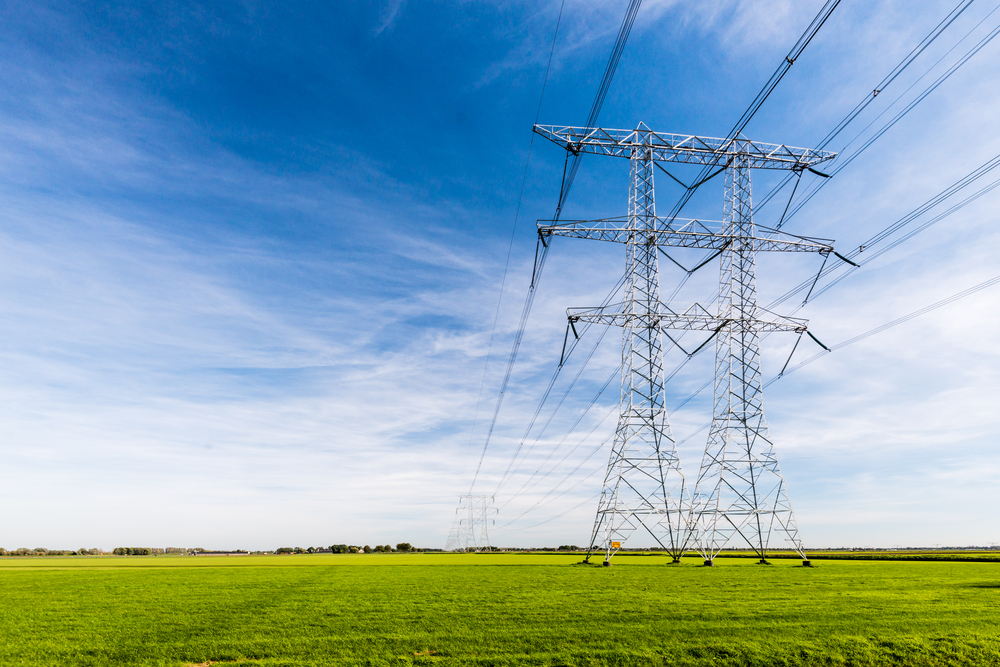National Grid turns to AI to process drone data
The energy firm uses using machine learning to sift through drone image data to maintain thousands of miles of wires and pylons


The National Grid is using artificial intelligence to help it sift through drone data from its 7,200 miles of wires and pylons.
The organisation has been using six drones, made by British firm DJI, to inspect the lines around England and Wales. The drones are equipped with high-res cameras with infrared capabilities and the drones are deployed to assess the pylons, checking steelwork, wear and corrosion and damage to conductors.
With so many lines, the drones capture a lot of data and like pretty much every AI story, it's about processing that information to save labour time.
National Grid has started using machine learning with the drone data, but it's chief executive John Pettigrew said it was an aid rather than a human replacement.
"That (the AI) will determine the overall condition of the asset and whether it needs to replaced or repaired. We are just developing this as a prototype. When we talk about digitisation it's real practical engineering-type stuff we're doing," he said.
The company have only been using AI in this regard for the past few months, partnering with UK startup Keen Ai for the technology, but it's now looking to hone the systems to better identify problems.
The drones are seen as a better option for inspections in areas where livestock might be spooked by a helicopter or in built-up areas where its hard to park them at low altitudes.
Get the ITPro daily newsletter
Sign up today and you will receive a free copy of our Future Focus 2025 report - the leading guidance on AI, cybersecurity and other IT challenges as per 700+ senior executives
Previously the National Grid had been in talks with Google's DeepMind AI to increase the efficiency at which energy is supplied across the country.
For Pettigrew, such innovation is vital for the future. As a regulated monopoly, National Grid has to operate under price controls set by Ofgem, which dictates how much revenue a firm can earn from investments ultimately paid for by consumers.
The energy regulator has said the next set of controls starting in 2021 will be tougher, meaning technology will almost certainly have a greater role to play in the company's future.
Bobby Hellard is ITPro's Reviews Editor and has worked on CloudPro and ChannelPro since 2018. In his time at ITPro, Bobby has covered stories for all the major technology companies, such as Apple, Microsoft, Amazon and Facebook, and regularly attends industry-leading events such as AWS Re:Invent and Google Cloud Next.
Bobby mainly covers hardware reviews, but you will also recognize him as the face of many of our video reviews of laptops and smartphones.
-
 Should AI PCs be part of your next hardware refresh?
Should AI PCs be part of your next hardware refresh?AI PCs are fast becoming a business staple and a surefire way to future-proof your business
By Bobby Hellard
-
 Westcon-Comstor and Vectra AI launch brace of new channel initiatives
Westcon-Comstor and Vectra AI launch brace of new channel initiativesNews Westcon-Comstor and Vectra AI have announced the launch of two new channel growth initiatives focused on the managed security service provider (MSSP) space and AWS Marketplace.
By Daniel Todd